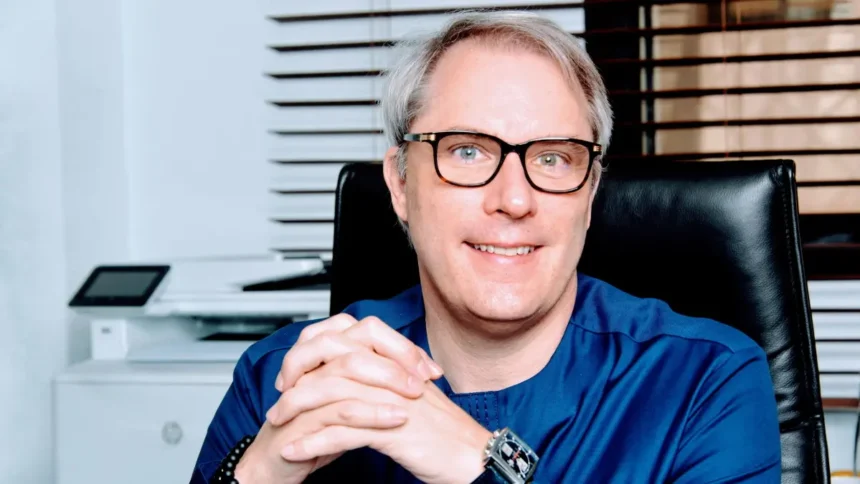MTN Ghana is charting a bold course toward positioning Ghana at the vanguard of artificial intelligence in Africa. Through strategic partnerships, infrastructure investments, and compelling leadership, the telecom giant is spearheading initiatives that could and should propel the nation into continental AI leadership.
Earlier this year in Barcelona, Ghana’s Minister of Communication, Samuel Nartey George, and MTN Group CEO Ralph Mupita signed an ambitious MoU under the “One Million Coders Program.” MTN is committed to transforming its Accra headquarters into an AI and software development Centre of Excellence, a move symbolizing Ghana’s commitment to digital futures.
This isn’t just about classroom training. MTN’s existing Skills Academy is already nurturing coding, data analytics, and web development skills nationwide, aiming for 60% digital literacy among youth and adults by 2025. Meanwhile, MTN’s broader Group strategy underscores “AI for Africa by Africans,” with over 300 engineers and responsibility-driven AI governance pushing the agenda forward.
Behind the innovation drive is MTN Ghana’s leadership. Former CEO Stephen Blewett has repeatedly emphasized the need to catalyze local digital transformation, heralding projects like the ICT Hub as key platforms for nurturing innovation in health, agriculture, and education. Beyond that, MTN’s CIO, Bernard Acquah, continues to energize businesses and institutions to embrace AI not merely as a tool, but as a transformative force. His strong messaging that “Africa must shape AI” and not just adopt it resonates across boardrooms and innovation hubs.
The convergence of MTN’s ecosystem-building, capacity development, and high-profile advocacy is powerful. Ghana now has both the leadership narrative and foundational infrastructure to stake its claim as Africa’s AI leader.
Yet turning promise into prominence demands more. Accelerating high-speed internet, addressing rural infrastructure gaps, and spinning up localized AI applications in health diagnostics, agritech, or finance will be essential. Public-private partnership models must thrive to democratize access beyond urban tech clusters.






